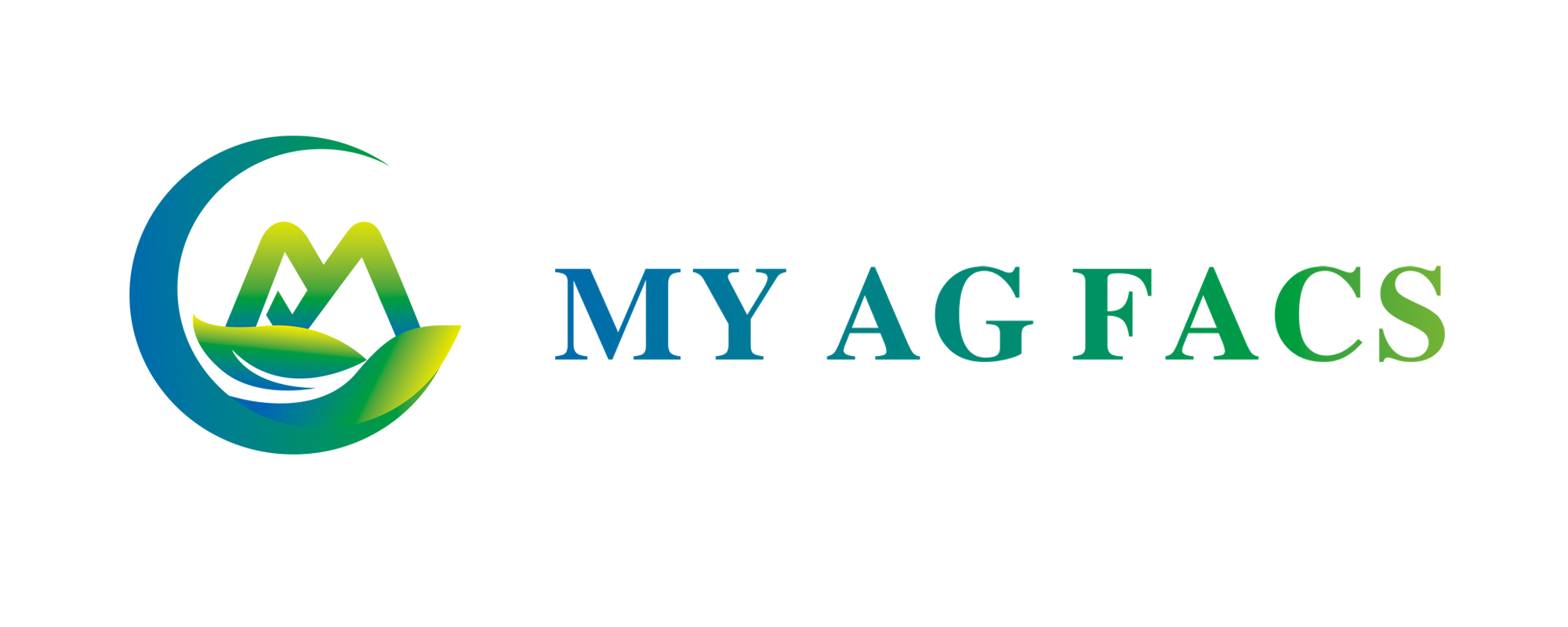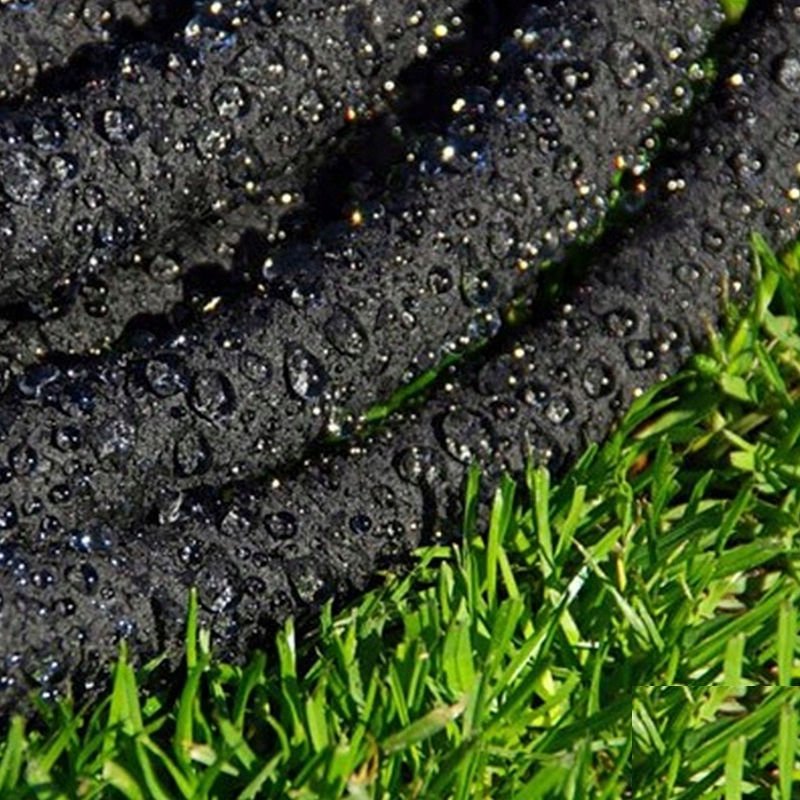

In the context of growing global water scarcity, managing agricultural water use has become a pressing issue. As the largest consumer of freshwater, agriculture requires efficient irrigation methods to minimize waste. The Porous Soaker Hose, with its water-saving capabilities, has emerged as a critical tool to address this challenge. Its unique water-permeation technology not only reduces water wastage but also enhances crop growth, making it a revolutionary solution in modern agriculture.
The Porous Soaker Hose is made from flexible materials with tiny perforations that allow water to seep evenly at low pressure. Unlike traditional drip or sprinkler irrigation systems, the porous soaker hose delivers water directly to the root zone of the crops, ensuring deep soil penetration without significant water loss.
When in use, the hose slowly and steadily releases water through its pores, which then diffuses through the soil to the crop roots. This slow, controlled release ensures that the soil’s absorption capacity is fully utilized, avoiding issues like surface runoff and evaporation that are common in conventional irrigation methods. The result is a more efficient use of water resources.
The primary advantage of the porous soaker hose is its remarkable water-saving capability. Traditional sprinkler systems often lead to excessive water loss due to evaporation and surface runoff. In contrast, the soaker hose delivers water directly to the root zone, greatly reducing evaporation and runoff.
Studies show that using porous soaker hoses can save up to 70% of water, making them particularly effective in regions with limited rainfall, such as arid and semi-arid areas. In addition to reducing water waste, they prevent soil erosion and salinization caused by over-irrigation, enhancing agricultural sustainability.
The even water distribution of the porous soaker hose provides crops with a steady and consistent supply of water, avoiding the dryness-wetness cycle typical of conventional irrigation systems. This promotes healthier root development and improves crop resilience.
In contrast, surface irrigation methods often result in uneven water distribution, leading to over-watering in some areas and drought stress in others, both of which negatively impact crop growth. The porous soaker hose provides optimal water delivery, particularly benefiting high-value crops like fruits and vegetables that demand precise water management. For farmers, this translates to improved yield and quality.
Because the soaker hose delivers water directly to the soil, it prevents the wetting of plant leaves and stems, which is a common issue in traditional spray irrigation. Wet foliage can foster the growth of fungal diseases and attract pests, leading to higher costs for pesticides and increased labor for management.
In densely planted fields or greenhouse environments, where disease can spread rapidly, the soaker hose offers a healthier irrigation method, minimizing the risks associated with excess moisture on plant surfaces.
In addition to being environmentally friendly, porous soaker hoses are highly cost-effective. Unlike traditional high-pressure sprinkler systems, soaker hoses operate at low pressure, reducing the need for energy-intensive water pumps. For large-scale farmers, this translates to lower energy consumption and reduced operational costs.
Furthermore, the hoses are easy to install, durable, and suitable for a variety of terrains, from flat fields to hilly orchards. Their longevity and adaptability make them an ideal irrigation choice for both small-scale farmers and large agricultural operations looking to minimize costs and maximize efficiency.
The porous soaker hose has a broad range of applications, from large-scale field crops to specialized environments like greenhouses and orchards. In orchards, the hoses can be placed around the tree roots, ensuring precise watering while minimizing water loss. In vegetable farms, the hoses provide uniform moisture distribution to each row, preventing both under-watering and over-watering.
The soaker hose can also be integrated with other water-saving systems, like drip irrigation, to create a highly efficient, sustainable water management solution.
As global climate change exacerbates water scarcity, the Porous Soaker Hose has proven itself to be a key technology for agricultural irrigation. It not only helps farmers conserve water and reduce irrigation costs but also enhances crop yield and quality by optimizing water distribution. Additionally, the soaker hose's ability to reduce pests and diseases, combined with its low energy requirements, makes it an integral part of sustainable agriculture.
Whether in open fields, greenhouses, orchards, or vegetable farms, the porous soaker hose offers an efficient, cost-effective, and environmentally friendly solution that supports farmers in addressing the challenges posed by climate change and resource scarcity. Its widespread use will undoubtedly play a crucial role in the future of global agriculture.